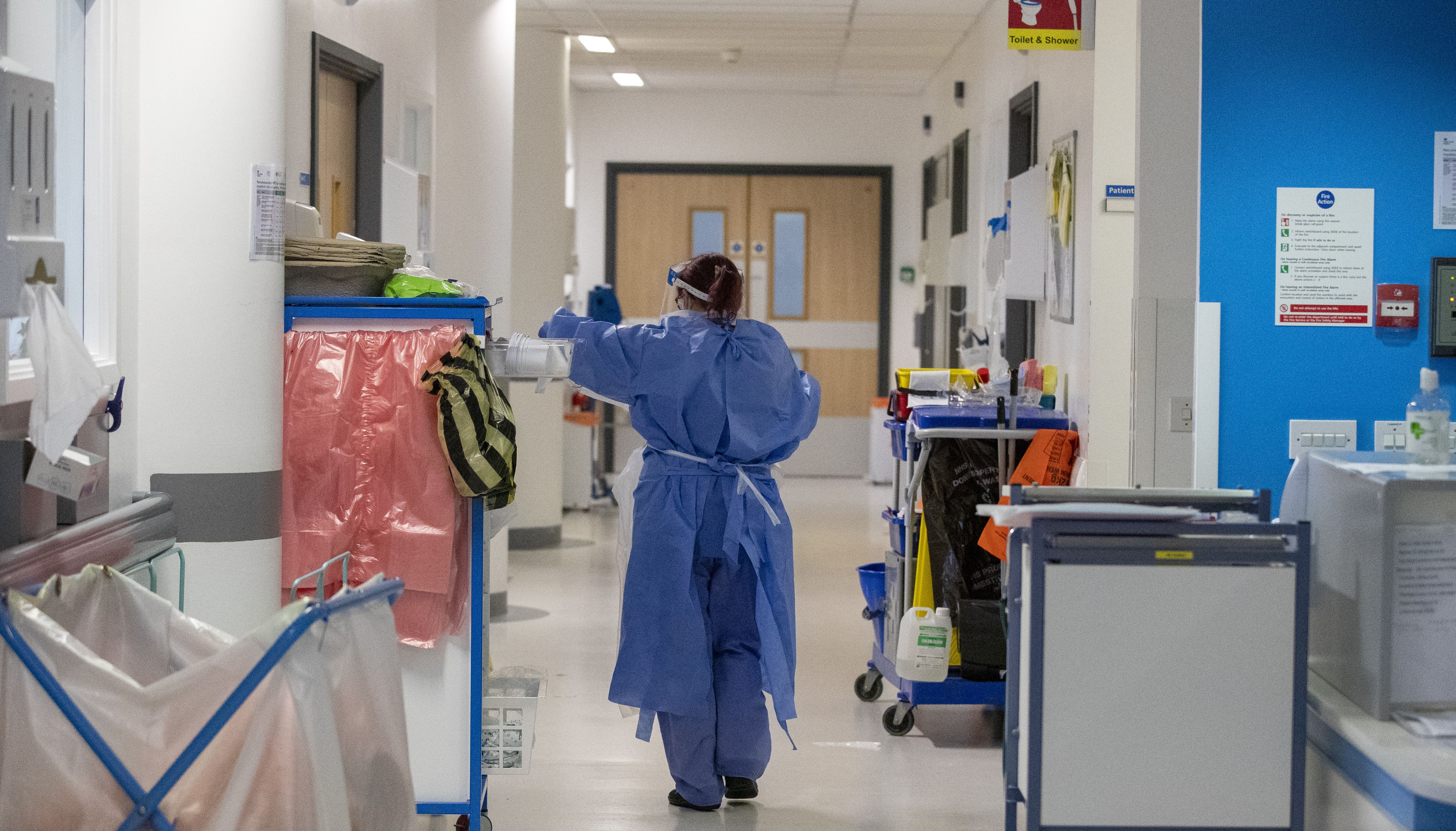Woman diagnosed with deadly Ebola-like fever in UK
Infected individuals experience symptoms such as high fever, confusion and aggression
Don't Miss
Most Read
Crimean-Congo haemorrhagic fever, a disease likened to Ebola has been identified in England, health officials have revealed.
The risk to the public is very low, the UK Health Security Agency said today - after the case was diagnosed in a woman who had travelled to Central Asia.
Infected individuals experience symptoms such as high fever, muscle pain, dizziness, abnormal sensitivity to light, abdominal pain and vomiting.
Later on, patients can become confused and aggressive, according to the European Centre for Disease Prevention and Control.
The woman had visited Central Asia and was diagnosed at Cambridge University Hospitals NHS Foundation Trust.
Drag row
Staff at an NHS hospital in Merseyside
Peter Byrne
University of Oxford of a scientist working on Ebola vaccine
John Cairns/University of Oxford
She is currently receiving care at the Royal Free Hospital in London.
The illness, usually transmitted by ticks and livestock, is in the endemic stages in all of Africa and countries in the Balkans, the Middle East and in Asia.
Dr Susan Hopkins, Chief Medical Advisor at UKHSA said: “It’s important to be aware that Crimean-Congo haemorrhagic fever is usually spread by tick bites in countries where the disease is endemic, it does not spread easily between people and the overall risk to the public is very low.
“We are working with NHS EI to contact the individuals who have had close contact with the case prior to confirmation of their infection, to assess them as necessary and provide advice.
“UKHSA and the NHS have well established and robust infection control procedures for dealing with cases of imported infectious disease and these will be strictly followed."













